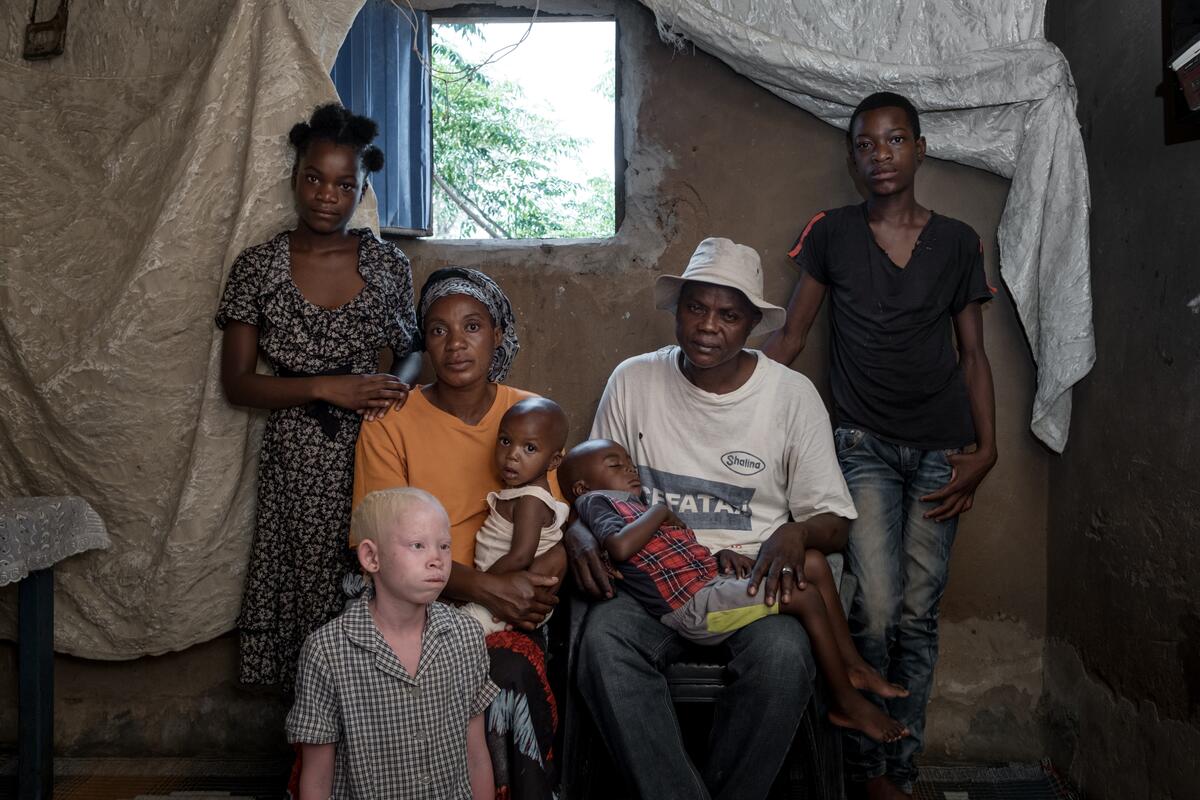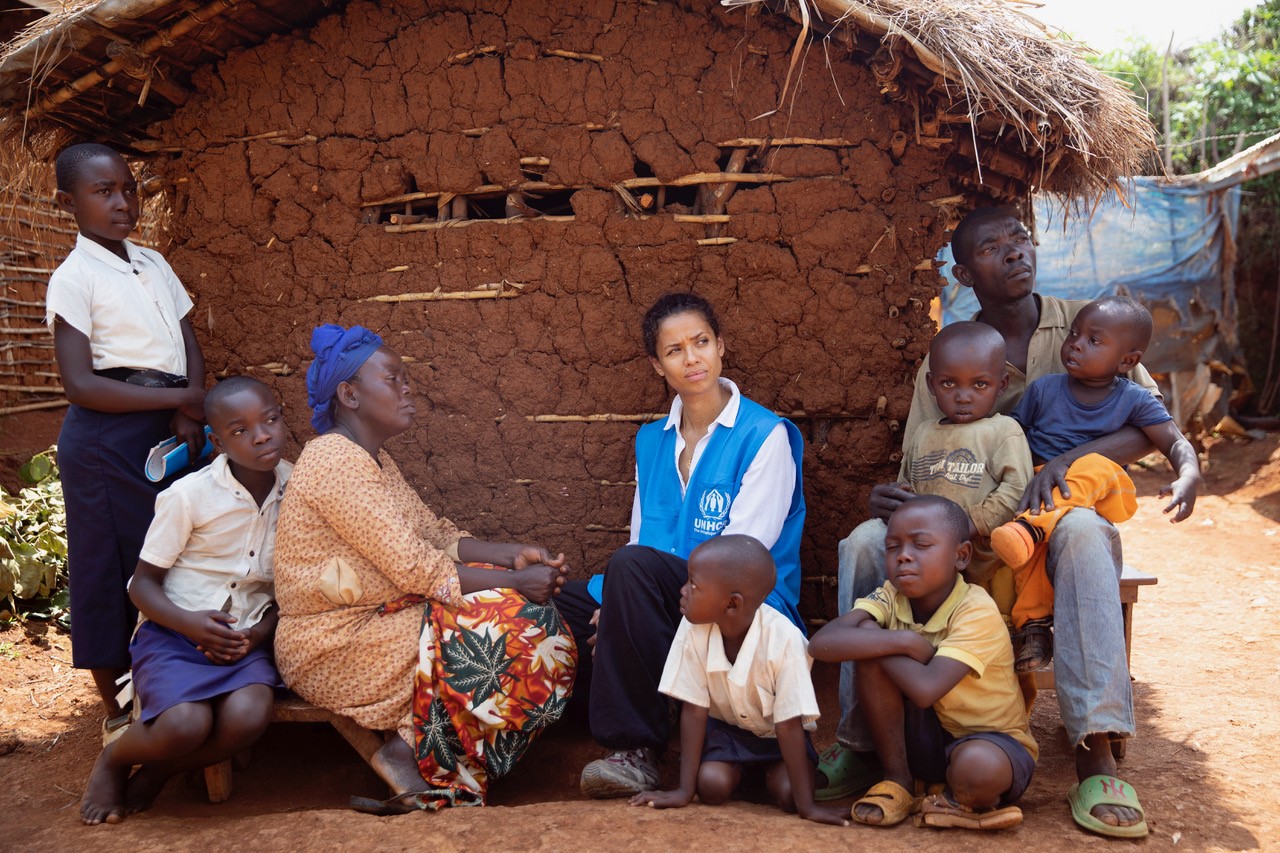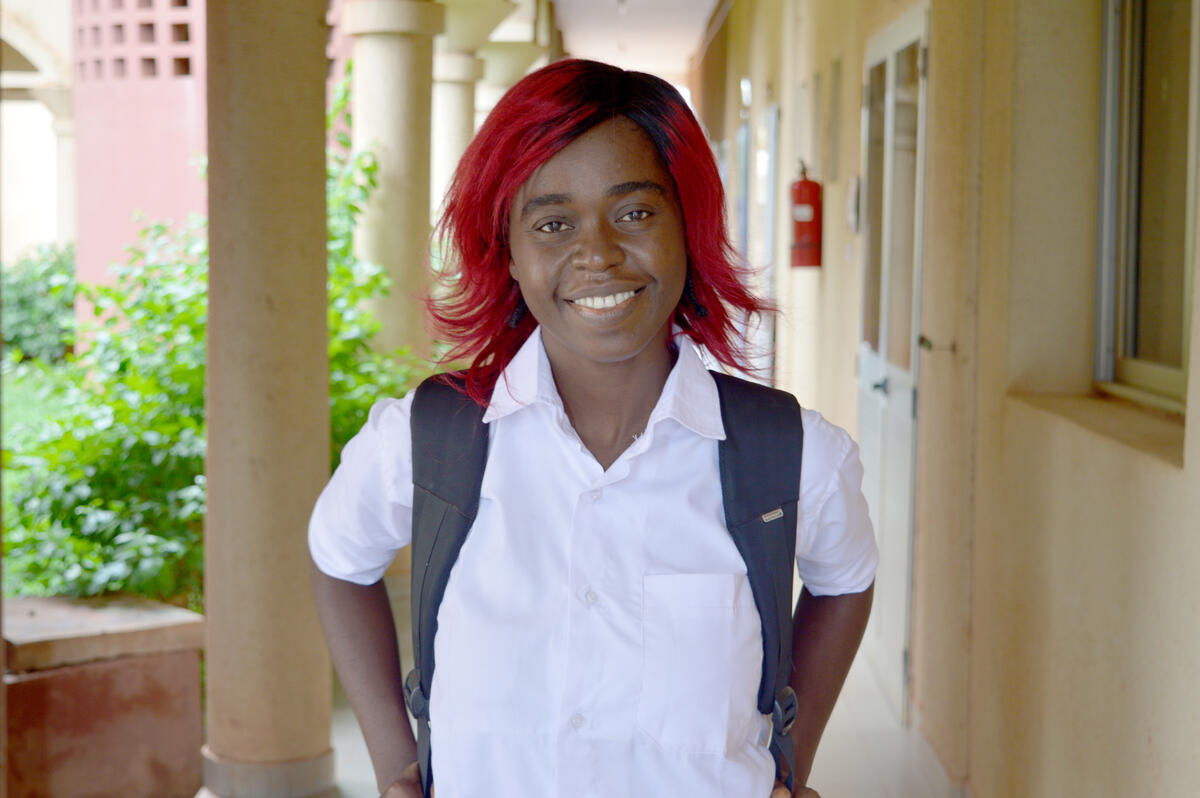Burundi: many Congolese returning
Burundi: many Congolese returning
UNHCR Burundi confirms that large numbers of Congolese refugees appear to have left Burundi and returned to the Democratic Republic of the Congo (DRC) in the past few days. During a visit to the Rugombo transit centre in Cibitoke Province late last week, a UNHCR team found evidence that some of the refugees had left. The transit centre appeared much emptier than usual, with a significant drop in occupancy levels. However, many of the refugees registered in Rugombo are not staying in the transit centre itself, but in surrounding villages among the Burundian population. After conversations with the refugees and the local authorities, including the Governor of Cibitoke Province, our staff were able to establish that a group of 500 refugees crossed back into DRC on Sunday, 29 August.
Several other groups have left since then, and there are conflicting reports about whether they were allowed to enter DRC. At present, UNHCR staff do not have access to the border to monitor these returns, and are therefore unable to establish the exact number of Congolese refugees who are leaving Burundi. We have requested authorisation for a presence at the Rusizi River border crossing, but the Burundian military says the area is too insecure to allow such a presence.
In July, a UNHCR verification exercise counted 19,429 newly-arrived Congolese refugees in Burundi following an outbreak of fighting in the south Kivu region of eastern Congo the previous month. They included 17,662 refugees in Cibitoke; 10,780 at Rugombo; and 6,882 at Karurama. At Gatumba transit centre, 1,767 refugees were counted.
Some of the refugees still remaining in Rugombo asked for UNHCR's help in repatriating. The team advised them that UNHCR does not believe conditions are in place in their areas of origin for a safe or sustainable return. The team also reminded the refugees that the Burundian government has now allocated land further inland, away from the insecure border area, to build refugee camps. The refugees were informed that UNHCR will provide for all their needs - including water, food, schools, sanitation, etc. - at the two camps, in Mwaro and Rutana province. The Burundian government has said that it will close all transit centres in the border area for security reasons.
At least 152 Congolese refugees died, and another 100 were injured, after a bloody attack on the Gatumba transit centre, near Burundi's border with DRC, on August 13.
Yesterday (Monday), UNHCR organised the airlift of seven of the survivors who needed medical care outside Burundi. The seven were flown to Kenya, where they will be treated in several Nairobi hospitals according to their needs. Among the patients were five adults and two teenagers: a 17-year-old girl and a 13-year-old boy. Each of the patients was accompanied by a close family member, who will be staying in accommodation close to the various hospitals for the duration of the treatment.









